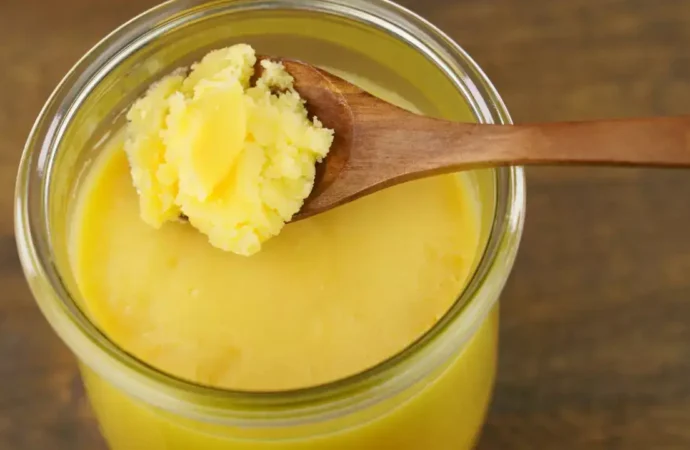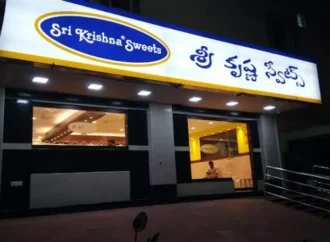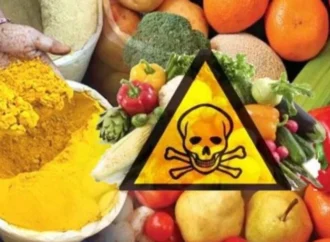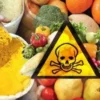Key Development
The Health Department in Amritsar has shut down a ghee manufacturing unit on Tarn Taran Road for producing fake desi ghee. After a month-long investigation, officials collected samples from a shop near Gurdwara Shaheeda Sahib, which failed quality tests. Acting on these results, the team raided the unit and discovered vanaspati ghee mixed with refined oil and artificial essence to imitate pure ghee.
During the raid, officials seized:
- 368 kg of fake ghee
- 330 kg of vanaspati and refined oil
- 5 kg of artificial essence
GK Food Trading Company operated the unit and sold the adulterated ghee under the brand name “Noor.” Assistant Commissioner of Food Safety Rajwinder Pal confirmed the raid and announced that the department would take strict legal action under the Food Safety and Standards Act.
Food Adulteration Sparks Public Concern
The recent bust of fake ghee has heightened public concern about the safety of everyday food items. Residents in Amritsar raised alarms over the quality of milk, tea, cooking oil, and even medicines sold in the city. The Public Adulteration Welfare Association estimated that nearly 50% of the city’s food supply is adulterated and claimed that 30–40% of hospital admissions are linked to unsafe food. According to the group, the problem is growing at an alarming rate of 22% each year. In response to the rapid rise of private dairies, food stalls, and hospitals, city residents have urged lawmakers to strengthen food safety laws. They are calling for stricter penalties under FSSAI regulations and more transparent inspection practices. Food safety experts echoed these concerns, emphasising the urgent need for cold chain systems to reduce health risks from poorly stored or expired perishables like milk.
DIY Milk Testing Kits Empower Consumers
Amid growing anxiety over food quality—especially milk—Guru Angad Dev Veterinary and Animal Sciences University (GADVASU) in Ludhiana has stepped in with a practical solution. The university has developed easy-to-use milk testing kits that help consumers detect five common adulterants: sugar, starch, urea, neutralisers, and hydrogen peroxide. Priced between ₹224 and ₹2,800 depending on quantity, these kits are publicly available and aim to empower consumers to safeguard their health when regulatory systems fall short.
Source: The Tribune
 Food Manifest
Food Manifest 


















